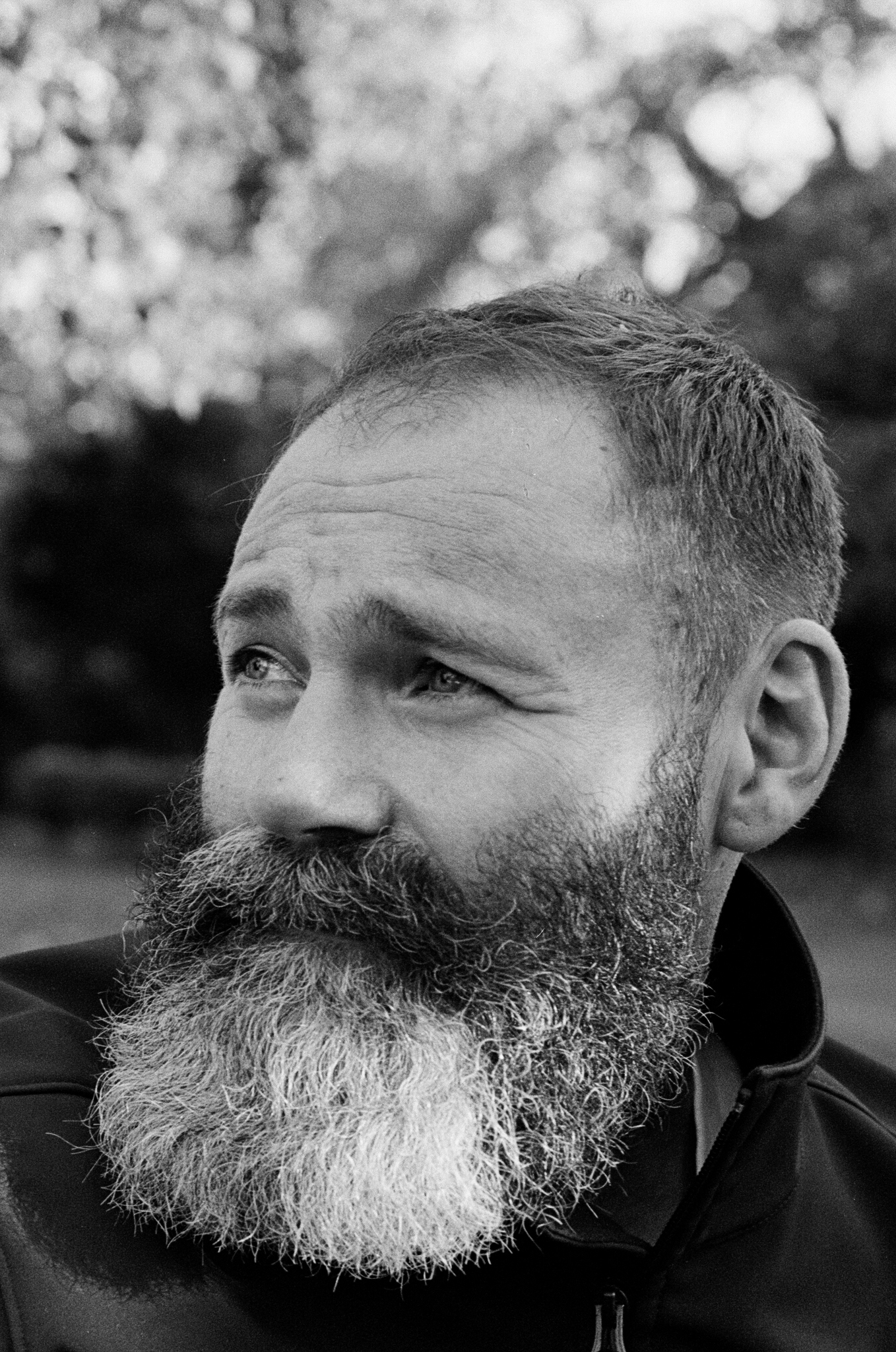God’s Own Country
Critically acclaimed at Sundance, screening at the 67th Berlinale Panorama Section to great reviews, first time director Francis Lee delivers a poignant story of an emotionally struggling young man coming to grips with his sexuality in Northern England.
God’s Own Country is not about a gay relationship but about two people on journey of discovery. I decided not the label the film “Queer Cinema” because the feelings of the young protagonists are universal not bound by sexuality or physical attraction. The director drew out exceptional performances from newcomers Josh O’Connor and Alec Secareanu as two men struggling to make sense of their feelings for each other.
Actor, Director, and Writer, Francis Lee interview with Black and Paper at the Berlinale.
How do you feel about the Broke Back Mountain comparison?
I loved that film. It was well acted and directed. But the main difference with my film is the relationship could survive. God’s Own Country is a story of a personal journey not about sexuality.
As a first feature with main gay characters, were you nervous about being classified as an LGBT Director?
NO! I like raw emotional stories, interesting engaging characters. God’s Own Country was the first film I wrote.
Given the subject material, how did you communicate with actors Josh and Alec?
I did not know then before the casting which was a long process. We worked with great Casting agents in London and Bucharest.
When I saw Josh I knew there was something and he wanted to do the film. There were great actors in Bucharest but with Alec it felt right because we shared the same working style.
I had a very close relationship with them. Three months before production I worked with them on developing the characters. We started from scratch, adding all the details like where is the bed in the room, etc. They had to work on a farm weeks before the camera rolled because I did not want stand ins or hand shots, I wanted as authentic as possible. When production rolled they knew their characters.
After the shoot we became comrades. I took them on an emotional journey so I could not abandon them.
As a director I believe in protecting the actors.
Have you been surprised by the response to the film?
Overwhelmed! I had no expectations. At Sundance it was all positive. I think when people see the film it unlocks emotions.
Is this a romantic film?
It is a love story. I am a big fan of films about hope.
How did you work with the Cinematography?
The landscape as seen by Johnny is about hard work. That is how the terrain affects him. You see him humped over, closed. We contained the shots.
What were the shooting conditions in the Yorshire?
Tough! The weather, the animals were unpredictable. We had to carry equipment up the hills. The roads were not so good.
We had the sheep farmer call us when there was a lamb was born. Those scenes were real. We did not kill one for the film. The number one occupation of sheep and lamb is death.
The farm is owned by a friend of my dad.
How much of Johnny is in you?
He is not me. It is not autobiographical. The landscape is from my childhood. Johnny comes from a tight family unit. His family loves him but they know if he leaves the farm is finished. They see the change in him when Gheorghe arrives.
A Black and Paper film recommendation.
God’s Own Country was screened at the 67th Berlinale in Panorama.
